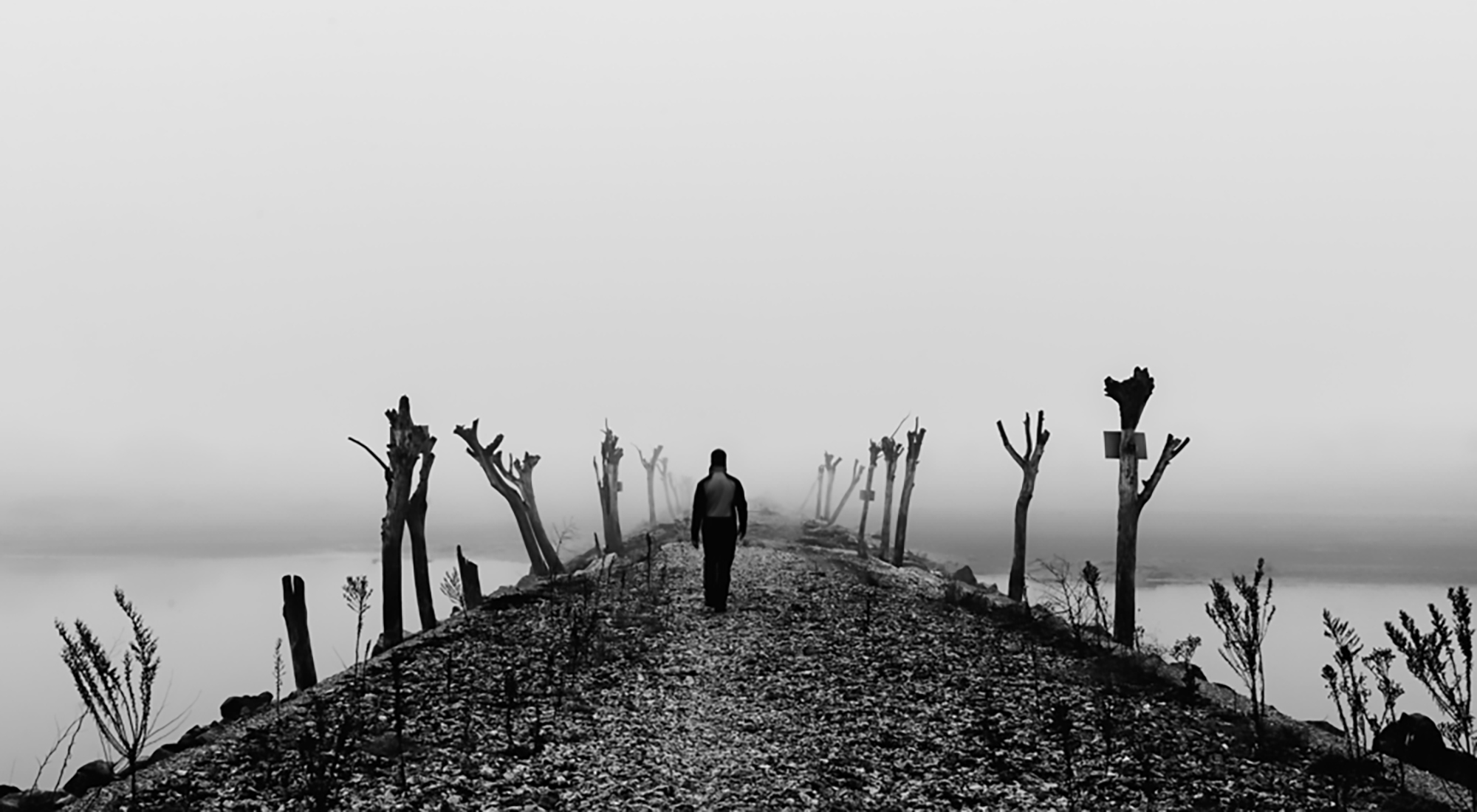Living without hope is not living. So, why do so many people do it?
A friend of mine died last week. It was sudden and unexpected.
He was in the prime of his life, with so much to be thankful for: great kids, countless friends, a successful career.
One day he was here, loving life. The next, he was gone. Just like that.
I am still trying to process this.
He moved away and we had lost touch over the years, but it was one of those friendships where you could instantly reconnect—we did so every now and then—and relive all the old stories like they had just happened yesterday.
He was gone but was never far away. Now, he’s just gone.
I think of his children and how they must be taking the necessary and painful steps through grief.
My heart hurts.
When we lose someone we love, over and over we say things like, “I can’t believe he’s not here. I keep expecting to see him walk through the door.”
Of course, a huge part of this is reaction to a sudden and permanent void in our lives, trying to come to grips with a new normal.
When someone you are emotionally invested in is ripped from your life, you can’t go back and say the things you should have said but didn’t; you can’t take back the things you shouldn’t have said but did.
You are shocked, stunned.
But, there’s more to it than that. It’s about more than shock and grief. It’s about eternity. We have a need to know that our loved one lives on. There is something inside us that refuses to believe that life can simply cease.
Can you imagine, upon your death, being “unplugged”—the light just goes out for good—and never having another thought or feeling?
I can’t.
Most of us, in our heart of hearts, believe in an afterlife.
I often think about people who don’t believe in the afterlife. They don’t wonder what will happen to them when they die because to them there is nothing to wonder about. To them dying means you are unplugged, the light goes out and that’s it.
Even so, the staunchest of atheists—I am convinced of this—at some point have doubts. They become uncertain about their beliefs.
As they get older, that uncertainty becomes nervousness, more years pass and the nervousness turns to fear. Fear ultimately yields to terror as they grow old and are forced to embrace their own mortality and the impending unknown.
How must it feel to not have the promise of eternal life as you draw your final breath?
What hopelessness.
Living without hope is not living. So, why do so many people do it?
The Bible makes it clear that heaven awaits for those who commit their lives to Jesus:
For God so loved the world that he gave his one and only Son, that whoever believes in him shall not perish but have eternal life. (John 3:16 NIV)
There is no doubt that there is an afterlife. The only question is where you will live it.
Was my friend saved? I don’t know.
What I do know is that I had an obligation to share the Gospel with him. A few years ago, he was going through a difficult situation and I should have taken the opportunity to tell him about the hope I have found in Jesus. I didn’t.
For that, I am sorry.
Lord, help me to not squander the next opportunity. Help me to not allow busyness, or the fear of offending someone, or the fear of looking foolish to prevent me from sharing your Gospel. Help me to have the courage of my conviction and speak your truth and love.
Because without you, Jesus, the world has no hope.
Share this:



Rod, I’m so sorry for your loss. Thank you, though, for sharing this story and for the way it challenges me to also not squander opportunities to share about Jesus with those who don’t know Him!
Thank you, Jim. Writing helps me. I pray that what I write helps others.
May God remember your friend in His Kingdom forever. Hugs!
Thank you, Emily. I pray that it is so!